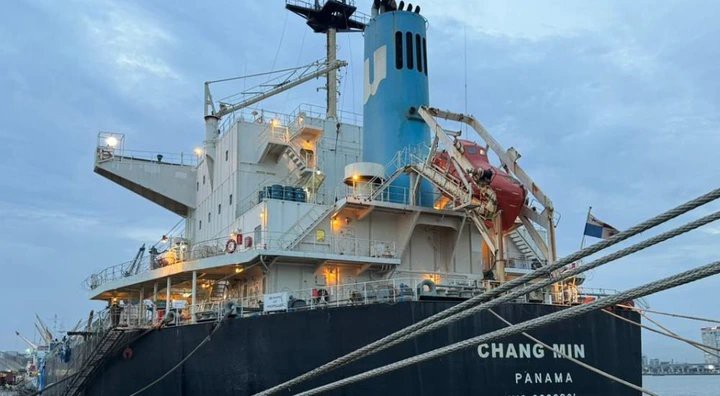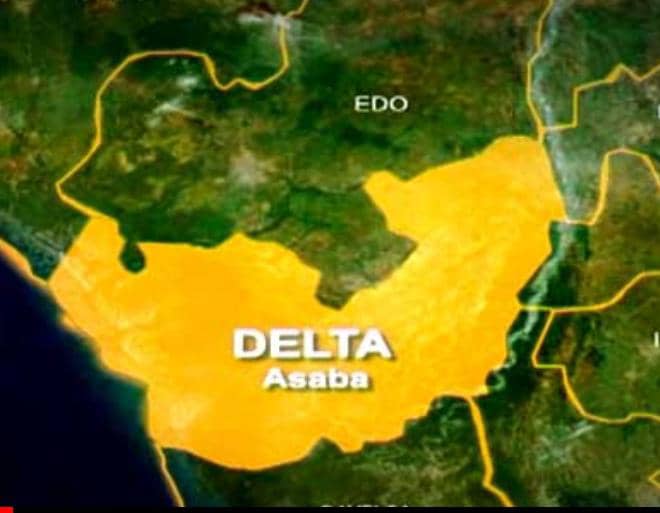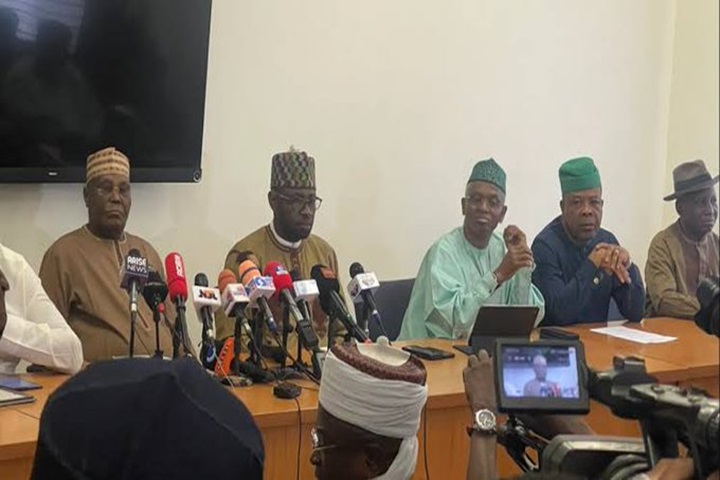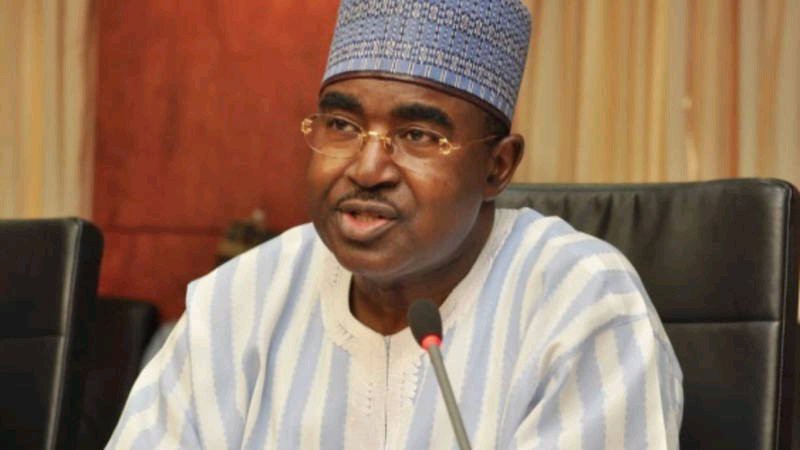World
Israel raises alarm over potential U.S.-Iran nuclear agreement
DDM News

Rising tensions have erupted in the Middle East as Israel expresses serious concern over a potential nuclear deal between the United States and Iran.
Diaspora Digital Media (DDM) reports that Israeli officials view the emerging agreement as a direct threat to regional security and stability.
The administration of Israeli Prime Minister Benjamin Netanyahu has rejected any proposal that permits Iran to continue uranium enrichment, even for peaceful purposes.
Officials in Jerusalem argue that such concessions would dangerously legitimize Iran’s nuclear infrastructure and increase the risk of a covert weapons program.
Two senior Israeli authorities told Iran International English that the Netanyahu-led government considers uranium enrichment by Iran wholly unacceptable under any condition.
“For Israel, there is no acceptable scenario where Iran is allowed to enrich uranium. Not now, not ever,” one of the officials declared.
The Israeli government believes that any nuclear compromise risks empowering the Islamic Republic to make quiet advances under the guise of diplomacy.
According to sources, Israel maintains a longstanding position that Iran must be stripped of all enrichment capacity regardless of civilian declarations.
This includes uses claimed for energy production, medical research, or academic purposes.
Israel’s opposition comes amid reports that talks between Tehran and Washington are advancing toward a limited revival of the 2015 Joint Comprehensive Plan of Action (JCPOA).
While the full terms of the potential agreement remain unclear, Israeli officials are pushing back strongly against any relaxation of enrichment restrictions.
The JCPOA, originally signed in 2015 and later abandoned by the U.S. under President Donald Trump in 2018, placed significant limits on Iran’s nuclear program in exchange for sanctions relief.
Talks to restore parts of the agreement have been ongoing under the current U.S. administration.
Yet two Western diplomats quoted by Israeli media stressed that no final deal has been reached and significant gaps remain.
Despite uncertainty, Israeli intelligence and defense agencies are on high alert and preparing for various outcomes.
Military leaders in Israel have reportedly intensified contingency planning in anticipation of possible escalation if a new deal is signed.
Security experts within Israel argue that any U.S.-Iran agreement that allows continued enrichment would only embolden Tehran’s regional ambitions.
Iran, led by Supreme Leader Ayatollah Ali Khamenei, continues to insist on its sovereign right to enrich uranium under international law.
Tehran maintains that its nuclear ambitions are peaceful and meant solely for energy generation and medical applications.
However, Israel contends that Iran’s assurances cannot be trusted given its history of non-compliance and secret nuclear activity.
The possibility of a deal comes at a particularly volatile time in the region, with proxy conflicts in Lebanon, Syria, and Yemen still simmering.
Israel fears that a stronger Iran, emboldened by diplomatic gains, could increase support for militant groups such as Hezbollah and Islamic Jihad.
The Israeli government has lobbied Western allies to avoid making concessions that could be used by Iran to buy time and build technical capacity.
Analysts suggest that Israel may consider unilateral action if diplomacy fails to prevent Iran from acquiring nuclear weapons capability.
While Washington appears cautious, its diplomats are reportedly eager to avoid open confrontation and explore negotiated outcomes.
The Iranian side has signaled flexibility on some terms but remains firm on its right to enrich uranium and demands for economic sanctions relief.
For Israel, however, the stakes are existential, and officials continue to emphasize that national defense comes before diplomatic compromise.
The coming weeks are expected to be decisive as world powers weigh the benefits and risks of reviving the nuclear agreement.
Regional observers fear that if negotiations collapse or lead to a perceived imbalance, conflict could erupt beyond verbal exchanges.
Israel has made it clear that it reserves the right to act independently in defense of its national security, regardless of U.S. policy choices.
As the region waits with bated breath, both diplomatic patience and military readiness appear to be stretched to their limits.
Diaspora Digital Media (DDM) will continue to monitor developments closely and provide updates as the situation unfolds.
For Diaspora Digital Media Updates click on Whatsapp, or Telegram. For eyewitness accounts/ reports/ articles, write to: citizenreports@diasporadigitalmedia.com. Follow us on X (Fomerly Twitter) or Facebook











